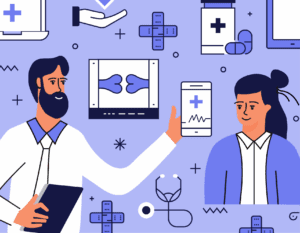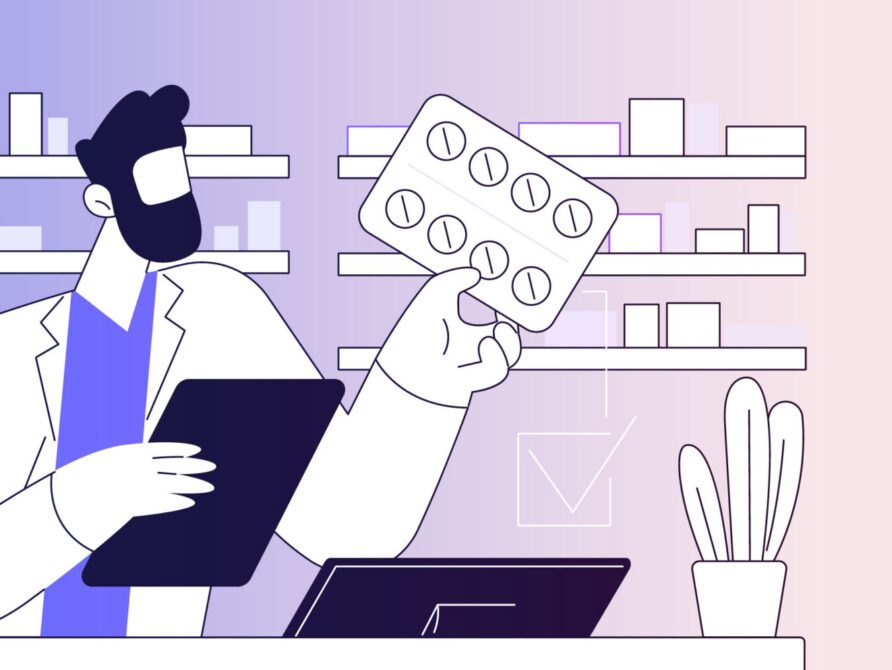Article
Building patient trust through technology
A patient’s journey doesn’t start in the exam room—it starts much earlier. Maybe it begins when they search online for a provider who takes their insurance. Or when they try to call and book an appointment, only to get stuck waiting on hold. Some patients download a portal app to make things easier but quickly run into a confusing interface that makes scheduling feel more complicated than it should be.
 Then comes the clinic visit. They’re handed a stack of forms—medical history, insurance details—things they’re sure they already filled out online. It’s frustrating, and by this point, they haven’t even seen their provider yet.
Then comes the clinic visit. They’re handed a stack of forms—medical history, insurance details—things they’re sure they already filled out online. It’s frustrating, and by this point, they haven’t even seen their provider yet.
These early moments matter. Before a single word is exchanged with their doctor, patients are already forming impressions. Trust is being built—or lost—based on how easy (or difficult) the experience feels.
Trust starts with the right resources
Now imagine a scenario in which patients have access to easy-to-use, self-service tools. These can help streamline admin tasks—as they help patients feel seen, respected and in control of their care.
Just like electronic health records (EHRs) enable providers to deliver better care, accessible self-service tools should empower patients to better manage their own health. Being able to book appointments online, refill prescriptions, update information and review bills—without jumping through hoops—can make a world of difference.
And when we bring AI into the mix, we open the door to more personalized care. Tailored educational content, reminders about local resources and support for needs like transportation or nutrition all help patients feel supported beyond the clinic walls. Instead of one-size-fits-all materials, we can provide information that fits each patient’s unique history and circumstances.
Accessible self-service tools should empower patients to better manage their own health.
Empowered patients = Better care
At the end of the day, our success is measured by our clients’ outcomes. And outcomes improve when patients feel connected, informed and empowered. When patient tools are accessible and easy to use, patients are more likely to stay engaged, follow care plans and trust their providers.
They’re also more satisfied—and that matters too.
Our job is to make that journey smoother from the very beginning. By giving patients the right tools, we’re not just helping them manage appointments or paperwork. We’re helping them feel confident and cared for—and in charge of their health.
That’s how trust is built. And that’s the path we’re committed to forging.












